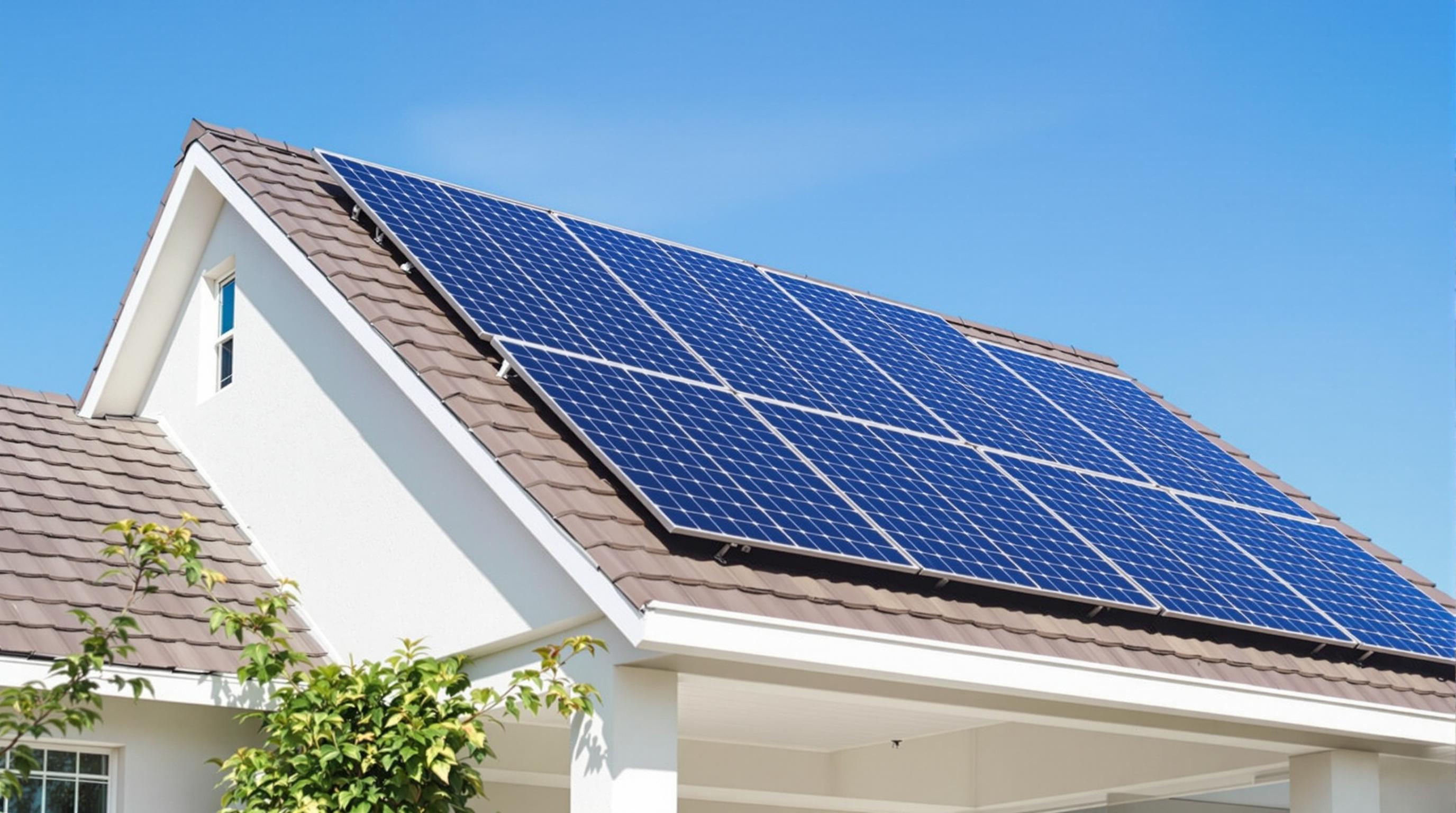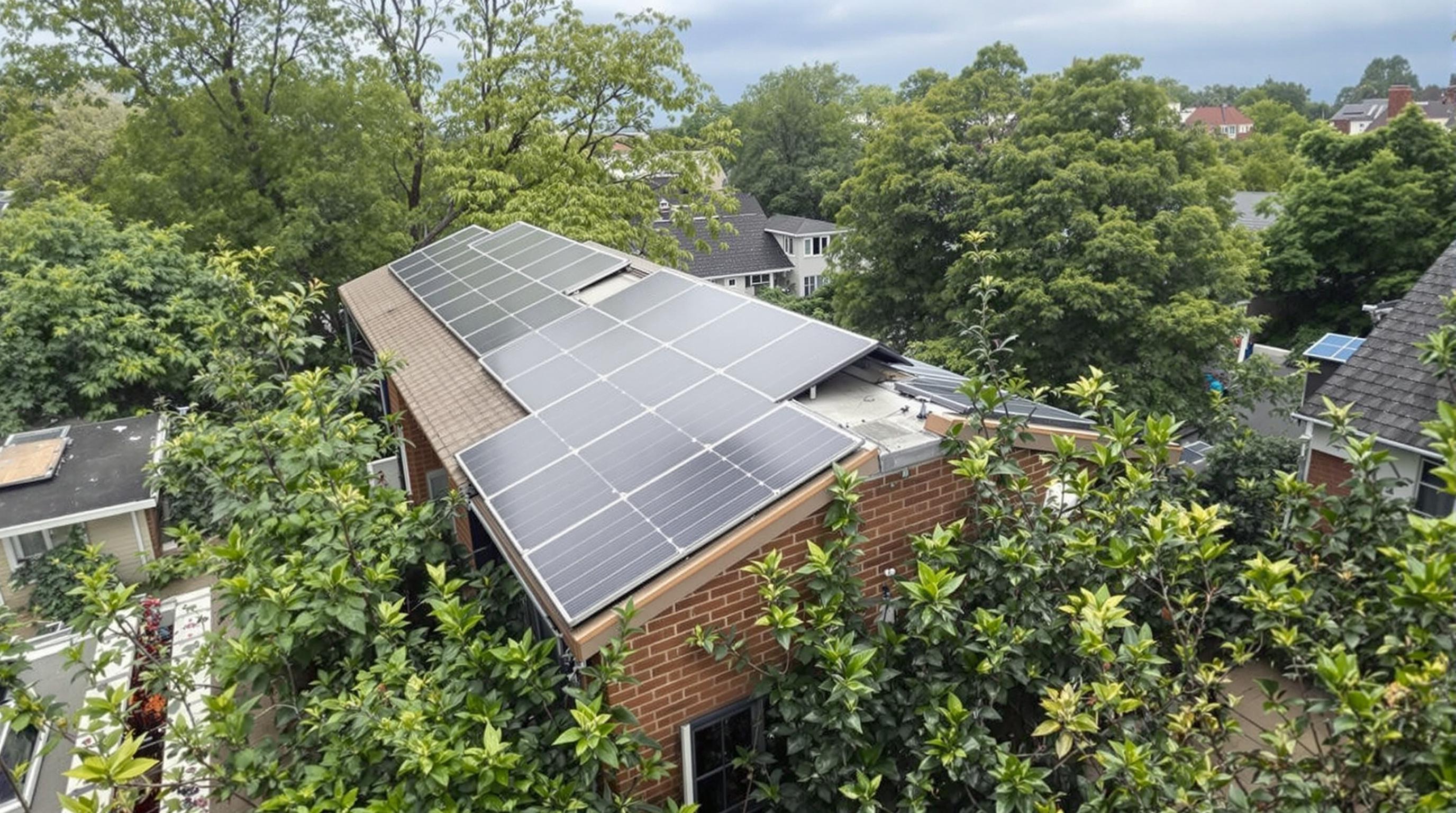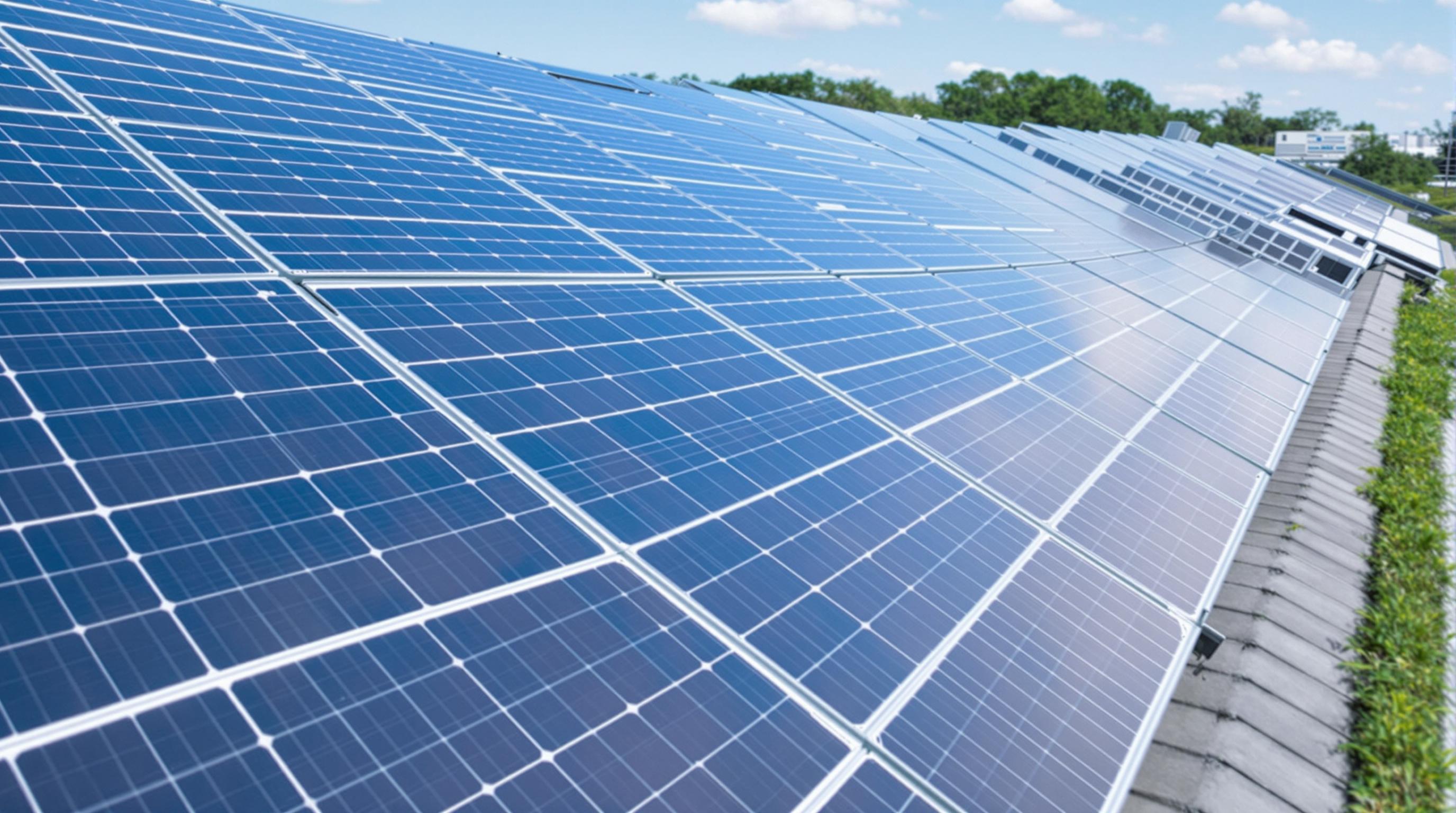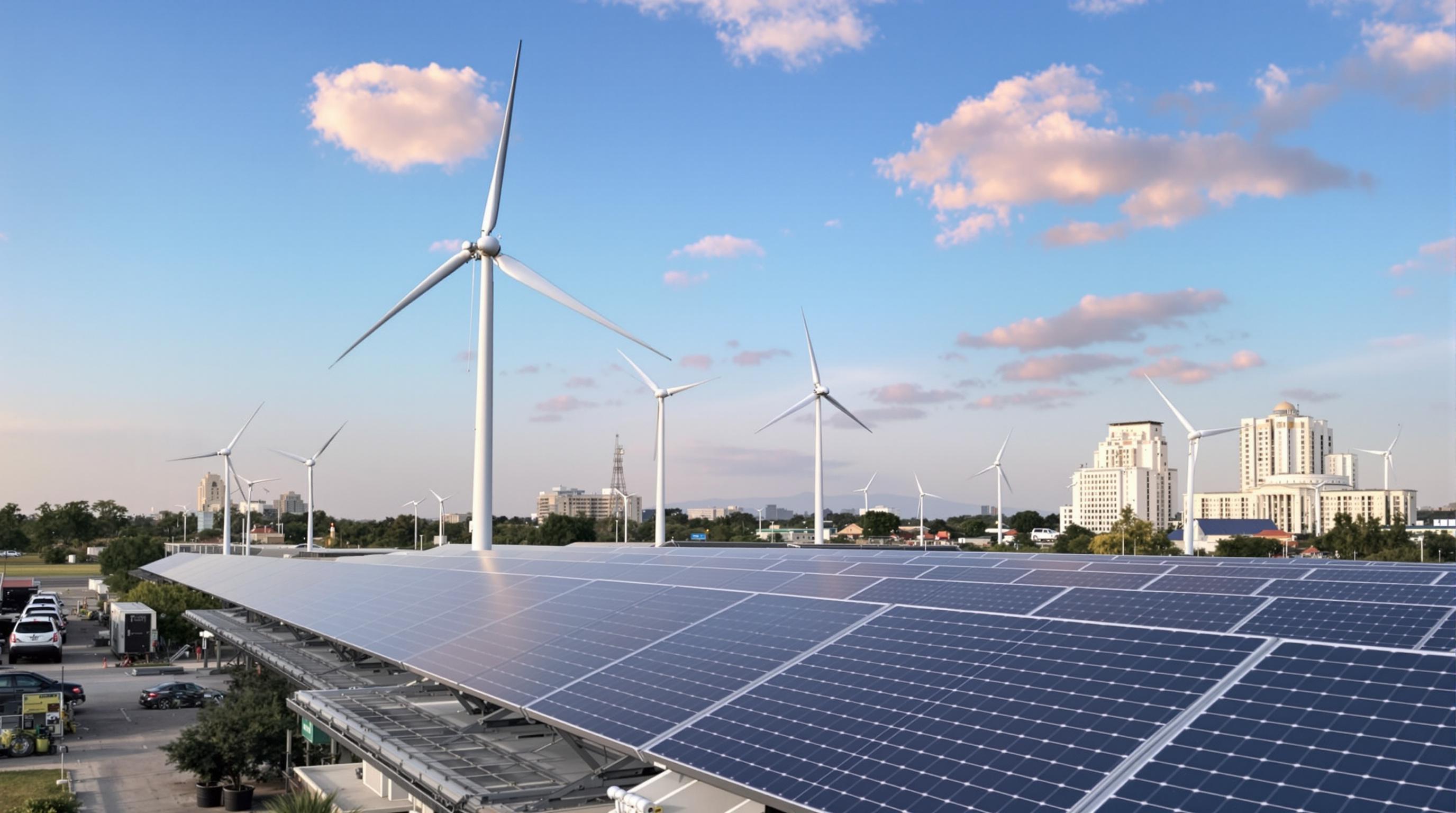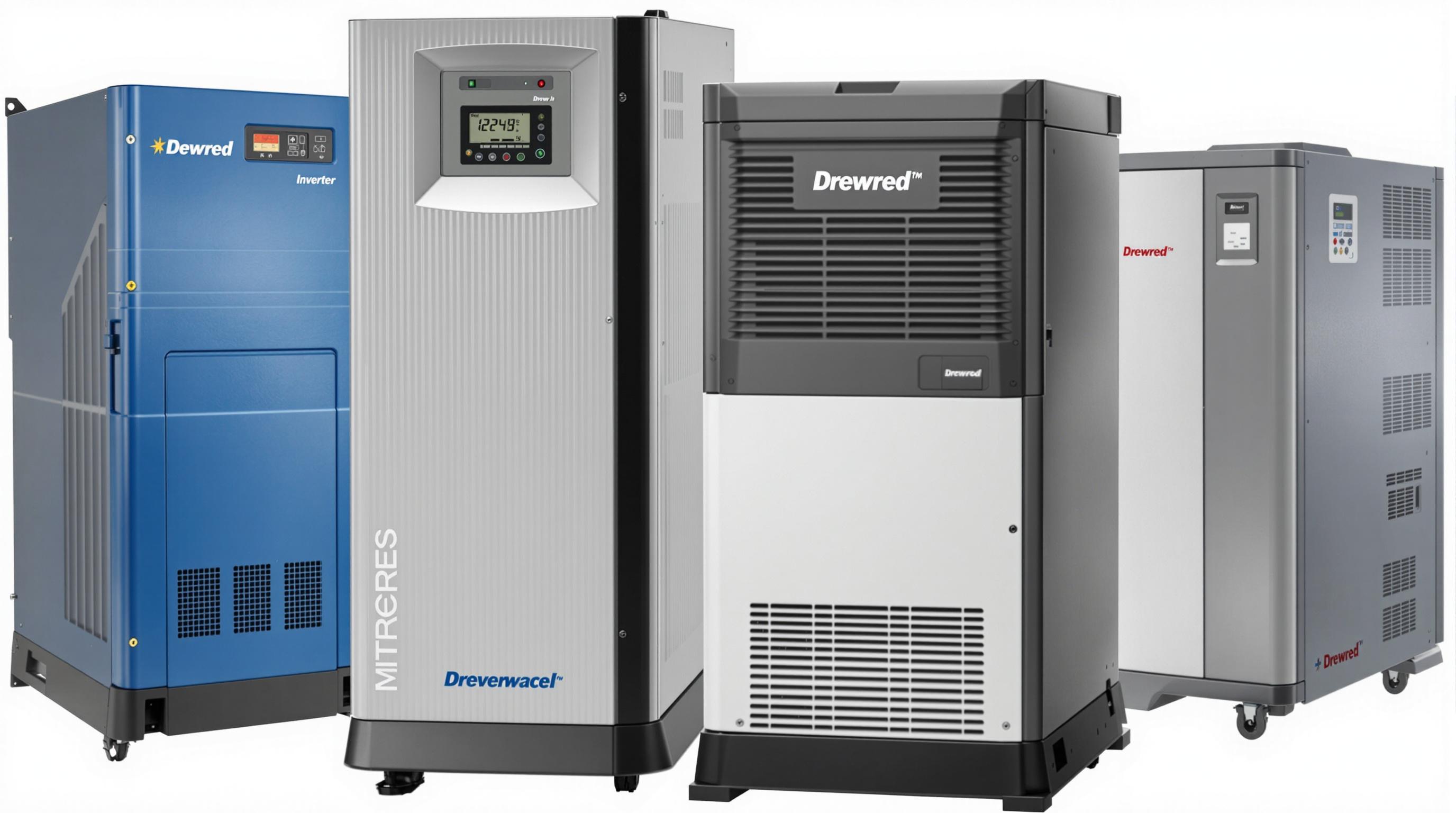Related Articles
- 6 Revolutionary Solar Panel Cleaning Robots Since 2019 Rated for Efficiency and Contractor Appeal
- How Unexpected Weather Patterns Are Shaping Homeowner Choices in Solar Installation Partnerships
- How Solar Inverter Noise Pollution Affects Urban Wildlife and What Manufacturers Are Overlooking
- How Solar Inverters Influence Home Resale Value and What Buyers Rarely Consider Before Purchase
- How Microclimates Secretly Shape Solar Energy Output in Unexpected Urban and Rural Landscapes
- The Quiet Role of Microclimates in Shaping Solar Harvesting Outcomes Beyond Conventional Efficiency Measures
How Solar Inverters Influence Home Resale Value and What Buyers Rarely Consider Before Purchase
How Solar Inverters Influence Home Resale Value and What Buyers Rarely Consider Before Purchase
Solar inverters play a pivotal role in determining a home's resale value, yet many buyers overlook critical aspects such as inverter efficiency, compatibility, and warranty terms before purchasing. This article explores how these factors influence buyer decisions and resale prices, interspersed with case studies, statistics, and varying styles to provide a comprehensive perspective.
Before diving into home resale values, what exactly does a solar inverter do? Simply put, it converts the direct current (DC) electricity generated by solar panels into alternating current (AC) electricity usable by household appliances. Without this little box, your solar-powered home is just a fancy roof decoration.
Solar Inverters: The Unsung Heroes of Solar Energy Systems
In a casual chat among homeowners in California, one story stood out: Mike, a 45-year-old engineer, decided to upgrade his home's solar system. He chose a high-efficiency string inverter with smart monitoring capabilities—which, two years later, raised his home's value by nearly 5%. It's anecdotal, sure, but the market data confirms a trend where homes equipped with newer solar tech command higher prices (Zillow, 2021).
The Hidden Value Added by Smart Inverters
Smart inverters don’t just convert energy; they provide diagnostic data that helps in predictive maintenance and prevents costly system downtime. A recent study by the National Renewable Energy Laboratory (NREL) found that homes with smart inverters sold on average 7% faster than those without.
Case Study: The Johnson Family's Experience
Living in Arizona, the Johnson family installed an older model inverter when they built their house in 2010. Ten years later, when they tried to sell, buyers were wary due to the outdated solar technology. A home inspection flagged the inverter's limited warranty and lack of efficiency upgrades, leading to price negotiations that lowered the final sale price by approximately $8,000.
“Had we invested in a more modern inverter earlier, I believe we could have better protected our home's resale value,” Mrs. Johnson reflected.
What Buyers Rarely Consider Before Purchase
Let's be honest: when buyers walk into a solar-equipped home, they mostly see the shiny panels on the roof but often don’t scrutinize the inverter behind the scenes. This oversight can cost them. Issues like inverter lifespan (typically 10-15 years), the complexity of maintenance, and compatibility with the current solar panel setup might go unnoticed.
In fact, a 2019 consumer report showed that 62% of potential buyers ignored inverters during their home inspection phase, focusing instead on batteries or panel efficiency.
Warranty Nuances Matter
Inverters generally come with warranties ranging from 5 to 12 years, but extended warranties can push this further. Buyers seldom probe the warranty period or the availability of replacement parts, yet these are pivotal when calculating long-term energy cost savings or system replacement expenses.
A Persuasive Look at Solar Inverter Investments and Property Value
Consider this: investing an extra $2,000 in a high-quality inverter can translate into as much as $6,000 added to your home's resale value in regions with strong solar adoption incentives. The logic is straightforward — efficient inverters lead to better system performance, lower downtime, and less worry for buyers.
If you own a home and plan to sell in the next five years, upgrading your inverter to the latest generation could be a smart financial move—one that pays for itself through increased market appeal.
The Economic Ripple Effect of Solar Tech on Property Markets
Here's an interesting statistic: According to a 2022 report by the U.S. Department of Energy, properties with fully integrated solar energy systems, including state-of-the-art inverters, experienced up to a 10% increase in asking price compared to similar homes without solar. The same report highlighted that this premium is more pronounced in states like California, Texas, and New York.
But it's not just the hardware that influences value; location and buyer awareness also play huge roles.
Storytelling: The Tale of the Solar Savvy Home Seller
Sarah, a 33-year-old graphic designer from Seattle, wanted to see if her solar home's resale tenets would hold true. She consulted a local solar expert who recommended upgrading the legacy inverter to a newer, more efficient microinverter system. They made the switch, and six months later, Sarah’s property sold for 12% above market average. Buyers loved the added reliability and reduced risk.
Sarah admitted, "I never imagined that something as technical as the inverter would affect buyers so much, but it truly made a difference."
Humor Break: Why Your Solar Inverter Might Be Like Your Old High School Friend
If your solar inverter were a person, would it be that dependable friend who always shows up on time? Or the one you hope to never hear from because they always need something? Outdated inverters can act like the latter, causing feisty energy problems and scaring off potential buyers—not exactly a great testimonial for your house.
Technical Insights and Buyer FAQs
Q: Does the inverter type really affect home resale value?
A: Absolutely. Different inverter types—string, micro, and hybrid—offer varying benefits. For example, microinverters improve system reliability and module-level monitoring, potentially increasing appeal for tech-savvy buyers.
Q: How long do solar inverters last, and what about replacement costs?
A: Expect 10-15 years lifespan; replacement can run between $1,000 and $3,000 depending on the system and labor costs.
Environmental Impact and Market Demand
There is a growing population of eco-conscious buyers actively seeking homes with energy-efficient features. Solar inverters that maximize energy use contribute significantly to a home's green credentials, aligning with increased legislative pushes for sustainable housing.
According to a 2023 survey by EnergySage, 78% of buyers are willing to pay a premium for homes with reliable solar infrastructure, including modern inverters.
Conclusion: Empowering Both Sellers and Buyers
In the dance between sellers and buyers, solar inverters are key players affecting both home value and buyer confidence. Sellers should consider upgrading their inverters to leverage market trends favoring energy efficiency, while buyers should scrutinize inverter specs and warranties as seriously as they do roof condition or plumbing.
Informed decisions make for smoother sales and happier homeowners
— and who wouldn’t want to live in a home where the sun doesn’t just shine but also pays the bills?
